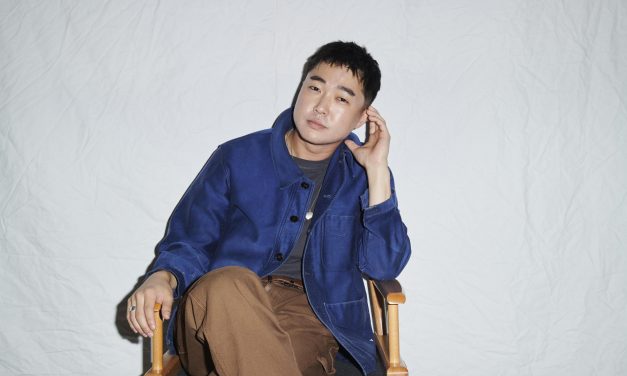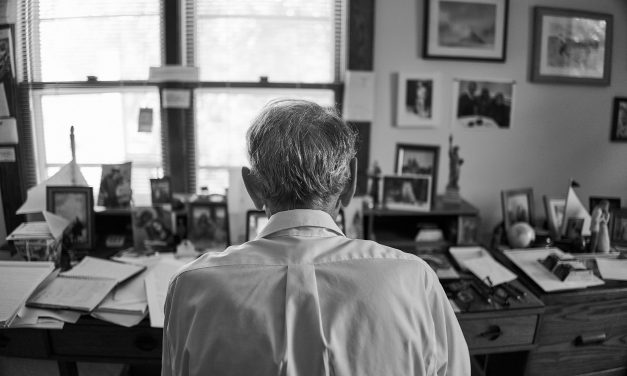
How to Succeed in Hollywood (While Really Trying)
“It’s funny to say that a hashtag changed my life. But it’s true. A hashtag really did change my life,” says the Los Angeles-based screenwriter William Yu ’09.
Yu made some waves in the Twitter world in 2016 when he launched an awareness campaign using the hashtag #StarringJohnCho. “It was a time when a lot of fraught conversations were taking place about Asian representation [or the lack thereof] in the entertainment industry,” he says. The practice of “whitewashing” was still quite prevalent. For example, in the soon-to-be-released Ghost in the Shell, Scarlett Johansson was cast in the role of a Japanese character, Major Motoko Kusanagi. In the 2015 film Aloha, Emma Stone played a character supposedly of Hawaiian, Chinese, and Swedish descent, and in Dr. Strange (2016), Tilda Swinton portrayed a character who was originally supposed to be Tibetan. The director Aaron Sorkin reportedly claimed that there were no Asian stars in Hollywood. “That was a problem of perception,” Yu says. “It seemed that no one could picture it.”
But Yu, a Korean American who lived in Hong Kong from the age of five to twelve when his family moved to Massachusetts, could picture it quite clearly, and he wanted others to share his vision. To Yu, the Korean-born actor John Cho—who had already starred in both the Harold and Kumar and Star Trek series, along with many other films—was an entirely plausible leading man. In his initial Twitter thread, using the hashtag #StarringJohnCho—which was a side project Yu created (at a personal cost of $0) while holding a full-time job in advertising—he inserted Cho’s face into posters for Jurassic World and a range of other hit movies at that time. The campaign went viral: It was discussed in the New York Times, and on the BBC and CNN, among other media outlets. Yu became friends with John Cho as a result, and the director Jon M. Chu said that the hashtag inspired him to make the 2018 blockbuster Crazy Rich Asians.
Read More








